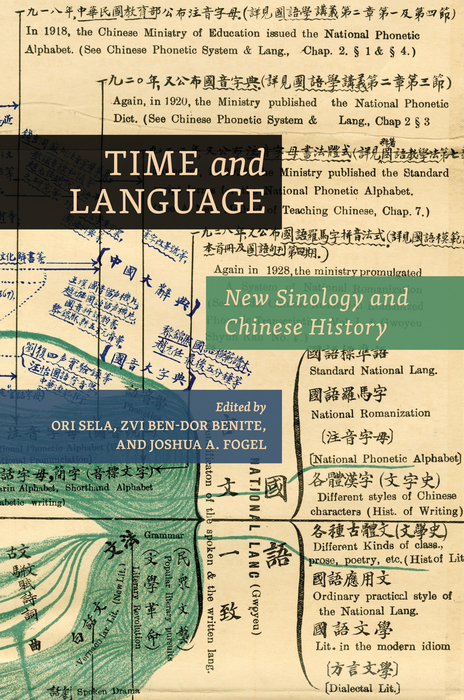(Ebook) Time and Language: New Sinology and Chinese History ISBN 9780824894580, 0824894588
China’s past and present have been in a continuous dialogue throughout history, one that is heavily influenced by time and language: the temporal orientation and the linguistic apparatus used to express and solidify identity, ideas, and practices. Time and Language: New Sinology and Chinese History argues for and demonstrates the significance of “New Sinology” by bringing language/philology back into the research and understanding of how modern China emerged, and presenting a host of concrete, in-depth, case studies, in which the use of “New Sinology” sheds new light on Chinese history. Reading the modern, therefore, as a careful and ongoing conversation with the past, renders the “new” in a different perspective; taken as a whole, this volume is a significant step towards a new historical narrative of China’s modern history, one wherein “ruptures” can exist in tandem with continuities. This collection accentuates the deep connection between language and power—one that spans well across China’s long past—and hence the immense consequences of linguistic-related methodology to the comprehension of power structures and identity in China.Each of the essays in this volume tackles these issues—the methodological and the thematic—from a different angle, but they all share the Sinological prism of analysis, and the basic understanding that a much longer timeframe is required to make sense of Chinese modernity. The languages examined are diverse: modern and classical Chinese, of course, but also Manchu and Japanese. Taken together they bring a spectrum of linguistic perspectives and hence a spectrum of power relations and identities to the forefront. While the essays focus on late Qing and early twentieth-century eras, they resort, time and again, to earlier periods, which are necessary to making real sense of later eras. Therefore, the methodological and the thematic do not only converge, but also generate a plea for fostering and expanding this approach in current and future studies. These essays use a variety of angles to examine, with the present moment in mind, questions of Chinese perceptions of and engagement with the past.
*Free conversion of into popular formats such as PDF, DOCX, DOC, AZW, EPUB, and MOBI after payment.


